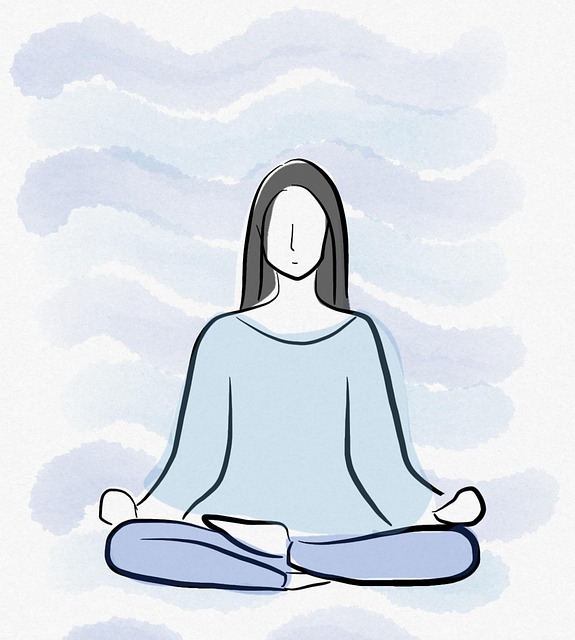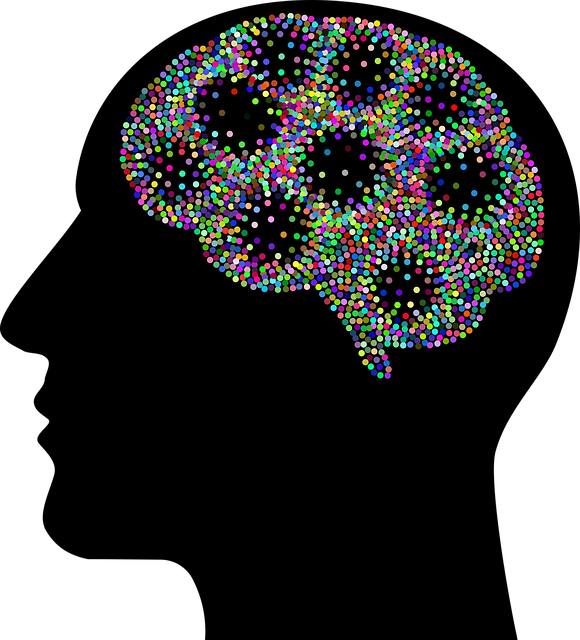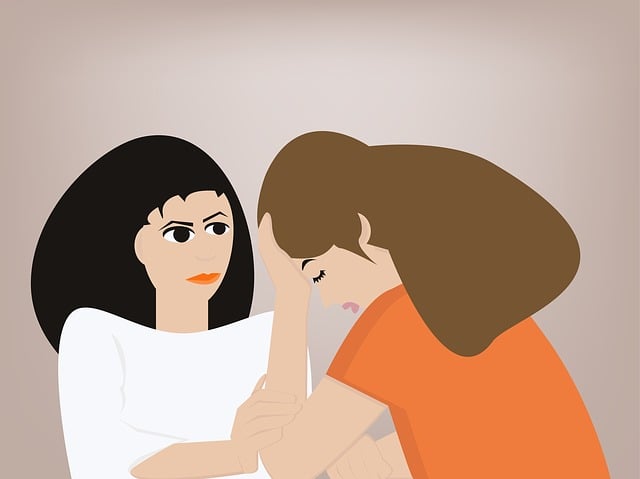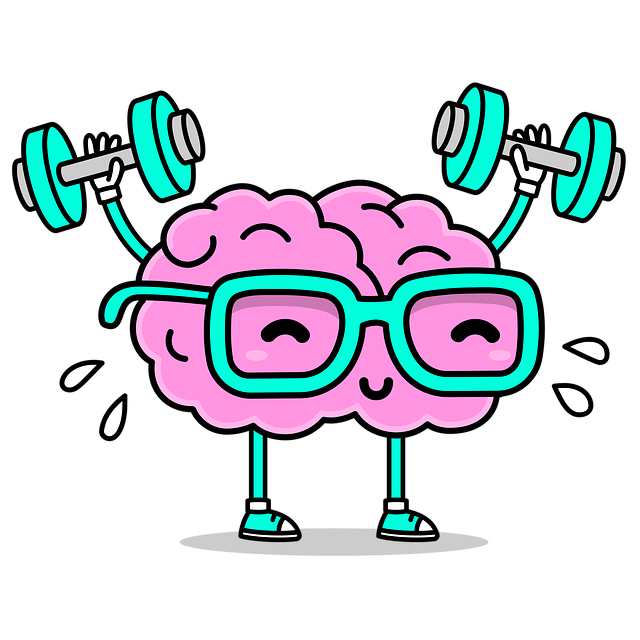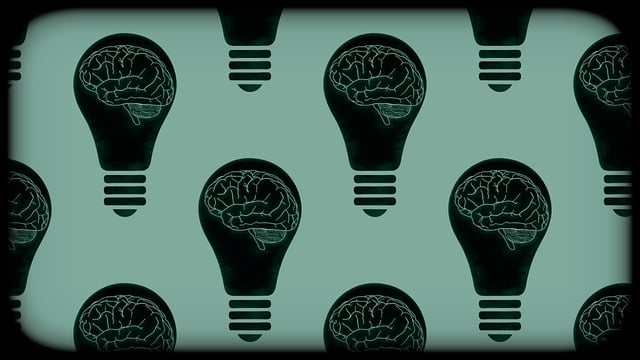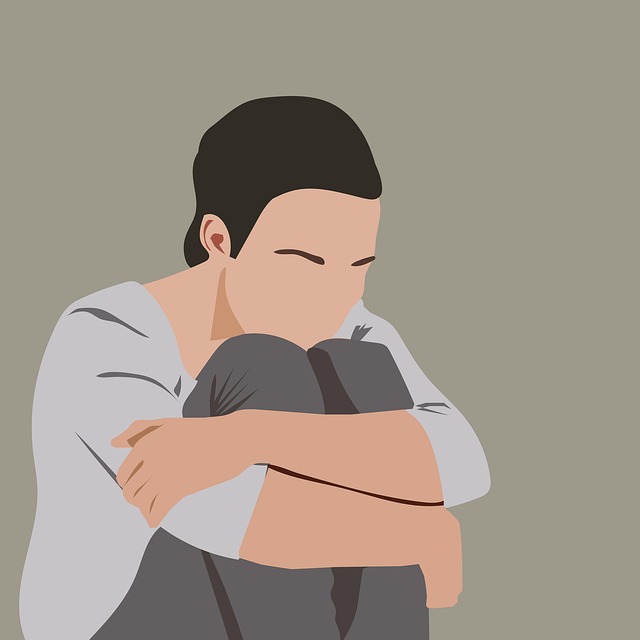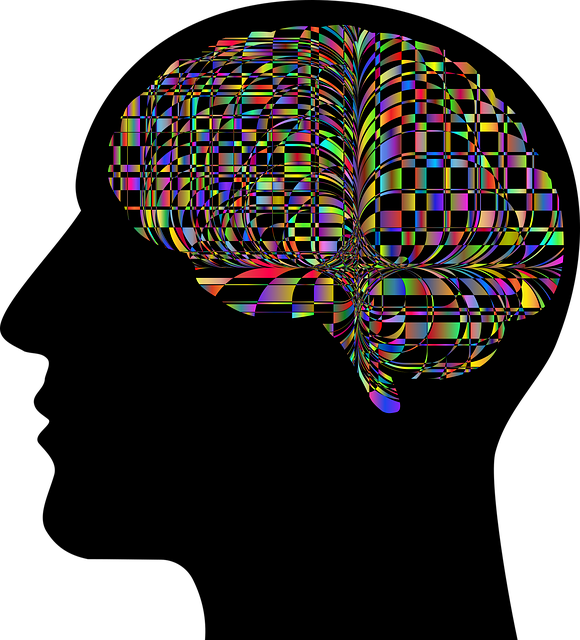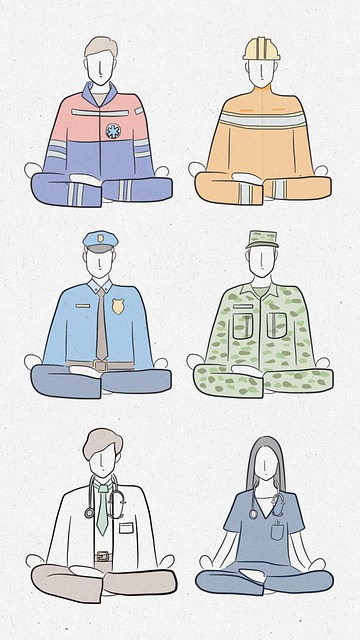Anxiety disorders, stemming from genetics, brain chemistry, environment, and life events, manifest as excessive worry and fear. Superior Domestic Violence Therapy offers a healing approach by helping individuals process trauma and manage symptoms through evidence-based practices like mindfulness meditation. Anxiety management involves multifaceted strategies, including tailored therapy, stress reduction workshops, compassion cultivation, and holistic approaches that cater to diverse needs. Practical daily routines, such as creating calm spaces, regular exercise, mindfulness, journaling, and open family communication, also help manage anxiety. Public mental health awareness reduces stigma, encouraging individuals to seek assistance for improved domestic violence therapy outcomes.
Anxiety disorders are a prevalent mental health concern, affecting millions globally. This article explores effective anxiety management techniques, offering insights into understanding and addressing this condition. We delve into therapeutic approaches, ranging from traditional talk therapy to innovative practices, providing a comprehensive guide for managing anxiety. Additionally, we present practical strategies tailored for daily implementation at home, empowering individuals to take control of their mental well-being. Discover superior domestic violence therapy techniques and reclaim your life with effective anxiety management.
- Understanding Anxiety Disorders: Symptoms and Causes
- Therapeutic Approaches for Effective Anxiety Management
- Practical Strategies for Daily Anxiety Reduction at Home
Understanding Anxiety Disorders: Symptoms and Causes

Anxiety disorders are a prevalent mental health concern, affecting millions worldwide. It’s essential to understand that anxiety is a normal human emotion, but when it becomes persistent, excessive, and disruptive, it may indicate an underlying disorder. Symptoms can include persistent worry, fear, restlessness, fatigue, insomnia, difficulty concentrating, and physical manifestations like increased heart rate, muscle tension, and panic attacks.
Causes of anxiety disorders are multifaceted, often a combination of genetic predisposition, brain chemistry, environmental factors, and life experiences. For example, traumatic events such as domestic violence can significantly impact mental wellness. Superior domestic violence therapy focuses on helping individuals process these traumas, offering tools to manage symptoms through evidence-based practices like mindfulness meditation, which has been integrated into the Mental Wellness Podcast Series Production, a growing resource for those seeking to improve their mental wellness.
Therapeutic Approaches for Effective Anxiety Management

Anxiety management techniques are diverse and effective when tailored to individual needs. Therapeutic approaches play a pivotal role in helping individuals navigate and overcome anxiety disorders. Superior domestic violence therapy, for instance, focuses on creating safe spaces where victims can process traumatic experiences and develop coping strategies. This form of therapy not only addresses the symptoms but also delves into the root causes, fostering resilience and personal growth.
In addition to these intensive therapeutic methods, organizations like Stress Management Workshops offer valuable resources. They provide practical tools and techniques for daily stress reduction, including mindfulness exercises, breathing therapies, and self-care practices. Furthermore, compassion cultivation practices have gained recognition as effective ways to manage anxiety by promoting emotional well-being and fostering connections with others. Incorporating these diverse strategies can create a holistic approach to anxiety management, catering to various preferences and needs.
Practical Strategies for Daily Anxiety Reduction at Home

Anxiety management needn’t be complex; practical strategies for daily reduction can be easily incorporated into your home routine. Start by creating a calm and organized living space, as clutter and chaos can exacerbate anxiety symptoms. Establish a consistent sleep schedule and practice good sleep hygiene to ensure your mind and body are well-rested. Incorporate regular physical activity into your day, as it releases endorphins that improve mood and reduce stress.
Additionally, engage in self-awareness exercises such as mindfulness meditation or journaling to better understand and manage your anxiety triggers. Consider using empathy building strategies within your home environment; fostering open communication with family members can create a supportive network, reducing feelings of isolation. Public awareness campaigns development around mental health can also foster a more understanding and less stigmatized society, encouraging those experiencing anxiety to seek help and support.
Anxiety disorders are manageable with the right tools. By understanding the symptoms, causes, and various therapeutic approaches, individuals can lead more fulfilling lives. Incorporating practical strategies into daily routines at home provides a robust foundation for anxiety reduction. Remember, there’s no one-size-fits-all solution; what works best varies from person to person. However, with dedication and the right support—including superior domestic violence therapy when needed—anxiety management is achievable, fostering a sense of calm and empowerment.

